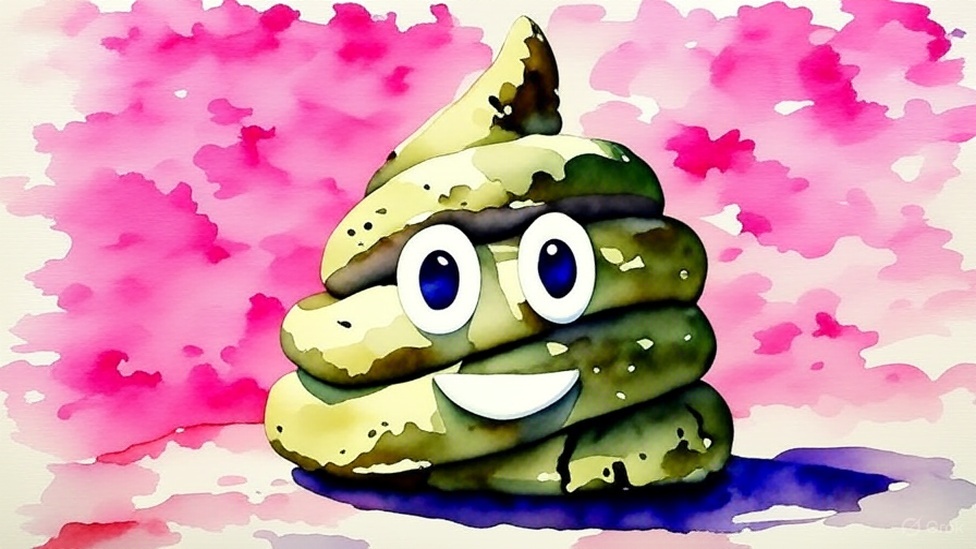Neither, it was the rooster!! ( sex joke )
Joke Poo: The Spreadsheet or the Data Entry?
Which came first, the spreadsheet or the data entry?
Neither, it was the manager demanding the report! (Office politics joke)
Okay, let’s break down this joke and see what comedic eggs we can hatch (pun intended!).
Joke Analysis:
- Core Question: The classic “chicken or the egg” paradox, a philosophical conundrum about causality.
- Punchline: “Neither, it was the rooster!!”
- Humor Mechanism: Subversion and double entendre. It avoids a philosophical answer, instead resorting to a suggestive, albeit crude, joke about reproduction. The humor relies on the unexpected shift from abstract thought to blatant sexual innuendo. The “rooster” implies the necessary act of mating that precedes both chicken and egg, playing on the listener’s knowledge of biology and their willingness to accept a lowbrow punchline.
Key Elements:
- Chicken and Egg: The central figures of the paradox. Represent cause and effect, the cyclical nature of existence, etc.
- Rooster: Represents the means of chicken reproduction, specifically male fertility.
- Paradox: The inherent unsolvability of the “chicken or the egg” question.
- Subversion: The act of avoiding the expected philosophical answer in favor of something vulgar.
Comedy Enrichment:
Now, let’s use these elements to create something new. I’ll try a few different approaches:
Option 1: Witty Observation with a Twist
“The problem with the ‘chicken or the egg’ debate is that it ignores the real catalyst: geological time. The egg, genetically speaking, definitely came first. You see, proto-birds laid eggs long before the species we recognize as Gallus gallus domesticus (the chicken) even existed. So really, the question should be: ‘Which came first, the egg or the slightly different egg that hatched into a chicken?’ But honestly, even that question feels pointless. What’s really amazing is that we managed to create an industry where the most profitable part of the chicken is its butt. THAT’s the true philosophical conundrum we should be pondering.”
Why this works: It starts with a factual, pseudo-intellectual approach to the paradox, then pivots to an absurdity that acknowledges modern poultry farming.
Option 2: Absurdist “Did You Know?”
“Did you know that chickens are actually evolving new words? Scientists studying chicken communication have discovered that different breeds have unique clucking patterns to signify danger, food, and… frustration about the chicken-or-the-egg debate. Apparently, some hens are starting to lay square eggs out of sheer existential angst. I’m only being semi-serious. (The chicken-or-the-egg-thing is dumb but not actually that annoying to them)”
Why this works: The “Did you know?” format is inherently humorous, and pairing it with ridiculously fabricated information about chickens elevates the absurdity. The “semi-serious” disclaimer adds to the comedic effect.
Option 3: An Alternate Punchline
“Which came first, the chicken or the egg?”
“Well, if you ask a modern poultry farmer, they’ll tell you, ‘Neither. It came from the shareholders’ quarterly report. The real trick is to make sure both the chicken and the egg are as cheap as possible, regardless of their origins.'”
Why this works: This alternative punchline comments on the economic realities of industrialized farming, adding a touch of cynicism and social commentary.
My strategy was to build upon the original joke’s elements – chicken, egg, and the implication of origin. My variations try to either take the paradox from a high-brow position to a low-brow one, add a new angle to the issue, or put the philosophical argument into a new perspective.


